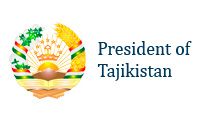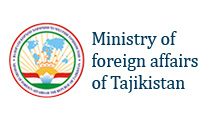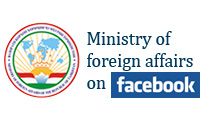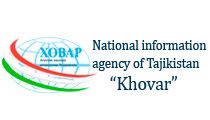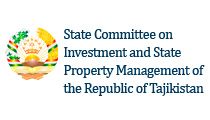Like other countries in the region, Tajikistan celebrates its 20th anniversary of independence this year. Tajikistan has witnessed fourteen years of peace and stability and recently achieved top reformer status in the World Bank Doing Business rankings. However, according to partners in government and the private sector, significant challenges include a lack of awareness and inaccurate perceptions of the country internationally.
Recently distorted information regarding the project of Roghun HPP’s construction has been spread among the mass media of some countries of the region. The invariable position of a leadership of Tajikistan should be noted in relation to the fact that the implementation of energy projects, and first of all the completion of Roghun HPP, is being carried out given the national and regional interests and Tajikistan is ready and willing to closely cooperate with its neighbors in this process.
Dear Friends and Colleagues,
The Weidenfeld Scholarships and Leadership Programme run by the Institute for Strategic Dialogue (ISD) will fund 30-40 Scholars in the 2012-13 academic year. This Programme, launched in May 2007, offers outstanding postgraduate students and young professionals support for graduate studies at the University of Oxford complemented by a comprehensive leadership development programme. In its first phase this programme has primarily supported scholars from Eastern Europe, Russia, Central Asia, North Africa and the Middle East.
From June 14 to16th, 2011 the member of Bundestag, the coordinator on energy issues, the speaker of the CDU / CSU in the Bundestag on economic policy - Dr. Joachim Pfeiffer paid an introductory visit to Tajikistan.
The visit was organized by Konrad Adenauer Foundation, headquartered in Tashkent and its authorized representative in Central Asia, Mr. Thomas Kunze.
At a time where $3.9 billion is requested for Afghanistan and over $3 billion for Pakistan in the Congressional bill “State, Foreign Operations, and Related Programs: FY2011 Budget and Appropriations,” one can only wonder if that is a wise allocation of money. If we take the case of Pakistan, it is said to have received about $20 billion since 2001, with almost half devoted to the Coalition Support Fund (CSF), which was set up to support “front-line” states for some of the costs they incur in fighting extremist violence. In May 2010 the US embassy in Islamabad stated in a press release that $7.4 billion of these costs where disbursed. The lack of accountability on the legitimacy of the costs claimed has led experts to estimate that nearly 70% has been illegitimately spent and the Government Accountability Office (GAO) to ask for better oversight. In addition to the diversion of funds, the transit via Pakistan of supplies bound for NATO forces operating in Afghanistan has been severely disrupted by road blockages and Islamist militant attacks on convoys. The Pentagon stated in 2009 that it costs $400 to put just a gallon of gas into a combat vehicle or aircraft deployed in Afghanistan.
The first official parliamentarian delegation from Tajikistan visited the UK during November. They made a number of visits during a busy schedule and were involved in discussions in and around both London and Edinburgh. The delegation was led by Mamadsaid Ubaidulloev, the speaker of the Tajik Parliament and a number of key individuals in the Tajik parliament joined him.




